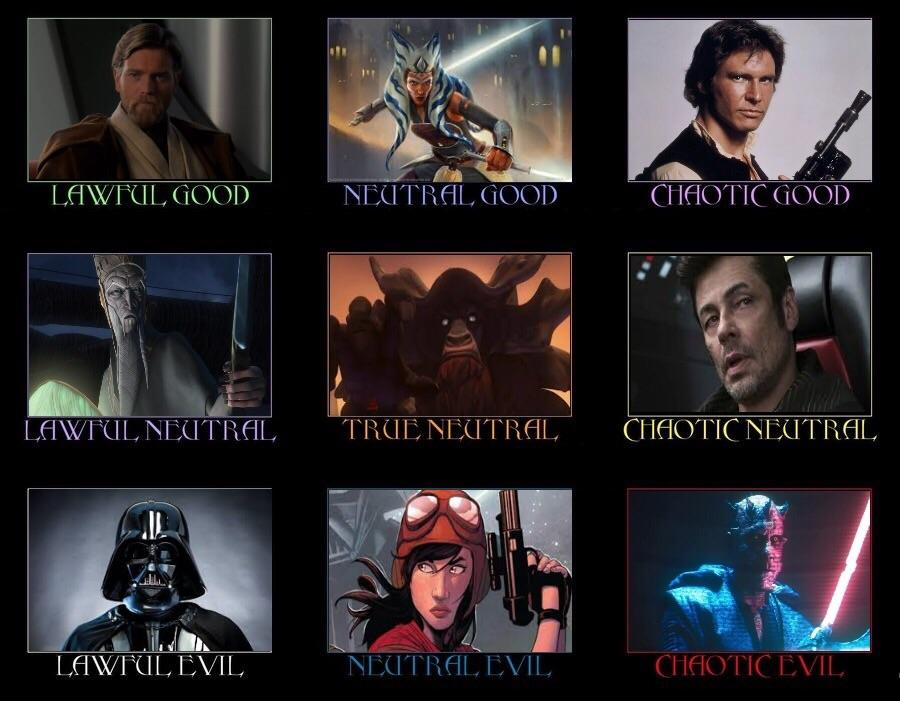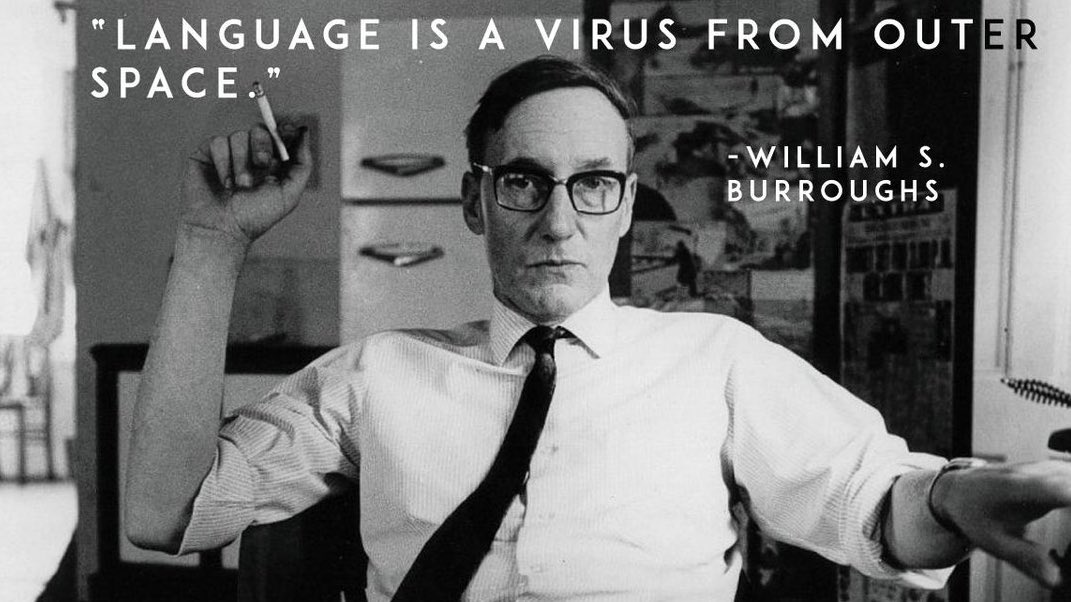There are two important definitions of constructivism, one comes from mathematics and the other from psychology. The mathematical definition leads rejects the law of excluded middle. It's relevant in understanding causation.
The psychological definition: "Humans actively construct their own knowledge, and that reality is determined by our experiences as a learner."
The models of causality that our brains invent to navigate the world is a consequence of our progressive development in the world we live in. Robert Kegan calls his theory constructive developmental theory to emphasize two important aspects of cognitive growth.
Cognitive growth is constructive as explained above. It is also developmental in the sense that our mental models of the world make abrupt changes as we grow in maturity. The symmetries in our models break and lead to new symmetries.
An important characteristic of developmental models like Kegan (Spiral dynamics is another example) is that because it is constructive, a higher mental stage is capable of understanding a lower mental stage. In intuitive words, parents understand the needs of a child better.
It should be obvious that constructivism shares the same philosophy of nurture rather than nature. It embraces the same ideas as process philosophy, evolution and enactivism. That is, it is verb-centric.
The problem with today's society is that we are overly fixated with how the world is supposed to be. Today's humans conflicts is because collectives of humans belong to either a red, blue, orange or green stage (see: Spiral Dynamics).
Most adults have difficulty transcending to a different stage . They spend a majority of their time participating in a world where their mental models are sufficiently competent in that stage. People are comfortable in their niches. The non-self is a threat to that comfort.
Exponential technological innovation exacerbates the conflict. The worlds of our children are very different from the world that we grew up in. There are many things that parents do not understand. There are many things long gone than children will never learn.
I come from a generation that did not have smart phones always in our pockets. Boredom was a natural experience. I do not know if our children know of the kind of boredom that we've experienced. I do not know how that affects how they think.
I also come from a generation when the personal computer and the internet were new things. Not a thing that is part of the fabric of life. A thing like Bitcoin that challenged the meaning of money was something you spent months trying to wrap your head around.
There is a unique experience when a new technology emerges for the first time. It's a different experience from discovering a technology that has always existed. Because minds are constructive, we might never replicate that experience.
As an example, I will never be able to grasp the experience of discovering a light bulb from the perspective of a person who has known only gas lamps or fire their entire life. How does it feel to be exposed to something entirely different from your existing mental model?
Is it somewhat like the feeling of red or the feeling of how it is to be a bat? How does it feel to find something very different from what you've known all your life? I guess it feels like confusion!
It feels like symmetry breaking. But unlike things that have existed prior, there are very few who can explain to you what it means. There are no useful mental models that I can find on the bookshelf.
When I was young, I contemplated that there were two kinds of symmetry breaking that was important to humanity. Given these two choices, I had to make a decision. Either explore outer space or explore the inner space.
First contact is not something humanity may be in control of. However, AI is perhaps within the scope of my lifetime. The scholars who proposed AI in the 1950s were confident that it was within their lifetime though.
We are however constructive minds, although we make focus on the known unknowns, we have no awareness of the unknown unknown. We know of the destination but we know nothing about how long the path is to the destination.
The most extreme change in society, the breaking of the symmetry of civilization clearly will be artificial general intelligence. How then can we survive the impending confusion if our civilization is mired in red,blue,orange or green states?
Which of these collectives will wield the power of AGI to impose their monism on all the world's inhabitants?
The two leading countries in AI development are China and the USA. China is running like a well-oiled machine. The US in contrast in mired in politics between democratic and anti-democracy forces. Furthermore, the US needs to extract innovation from a much smaller population.
Even worse, half the population is anti-intellectual. A population that has not developed the systematic cognitive skills required for the increasingly competitive global economy.
The Soviet economy was extremely successful in the first few decades after WW2. The complexities of technology of the time was compatible with their centralized economy. However, as complexity increased, it was only the decentralized kind of economy that thrived.
The Chinese after WW2 had a disastrous economy. It was only by the late 20th century that they changed their operating system. The problem of the US however is that the last time it hit a real depression was 90 years ago.
There's not a lot of sh*t flying for Americans to realize that they are less than ordinary.
In the Spanish Flu pandemic, 675000 Americans died. We are coming uncomfortably close to that number. But in 1918, there were only 1/3rd the current US population. So 1918 was a sh*tty situation (WW1 included). It took still 10 years to hit the great depression.
At the beginning of WW2, America was a second rate military power. The military was still mired in strategy and tactics invented when cavalry meant the use of horses. The great urgency of WW2 accelerated the transformation of the economy.
It's always easier to marshall one's forces when there is an external threat. The problem with America is the threat is now within itself. The threat is because many refuse to acknowledge the need for change. Exponential technology change is inevitable.
Unfortunately, the needed change must be from within our inner minds.
this is hard to do for the adult mind. So we must depend on our children. Our investments for our future must be spent on our children and not on preparing for the kinds of war that doesn't exist anymore.
Let's stop investing in horse drawn artillery and instead invest more in more adaptive, resourceful and innovative citizenry. This is what happened in WW2, we discarded the past and constructed a new future.




















